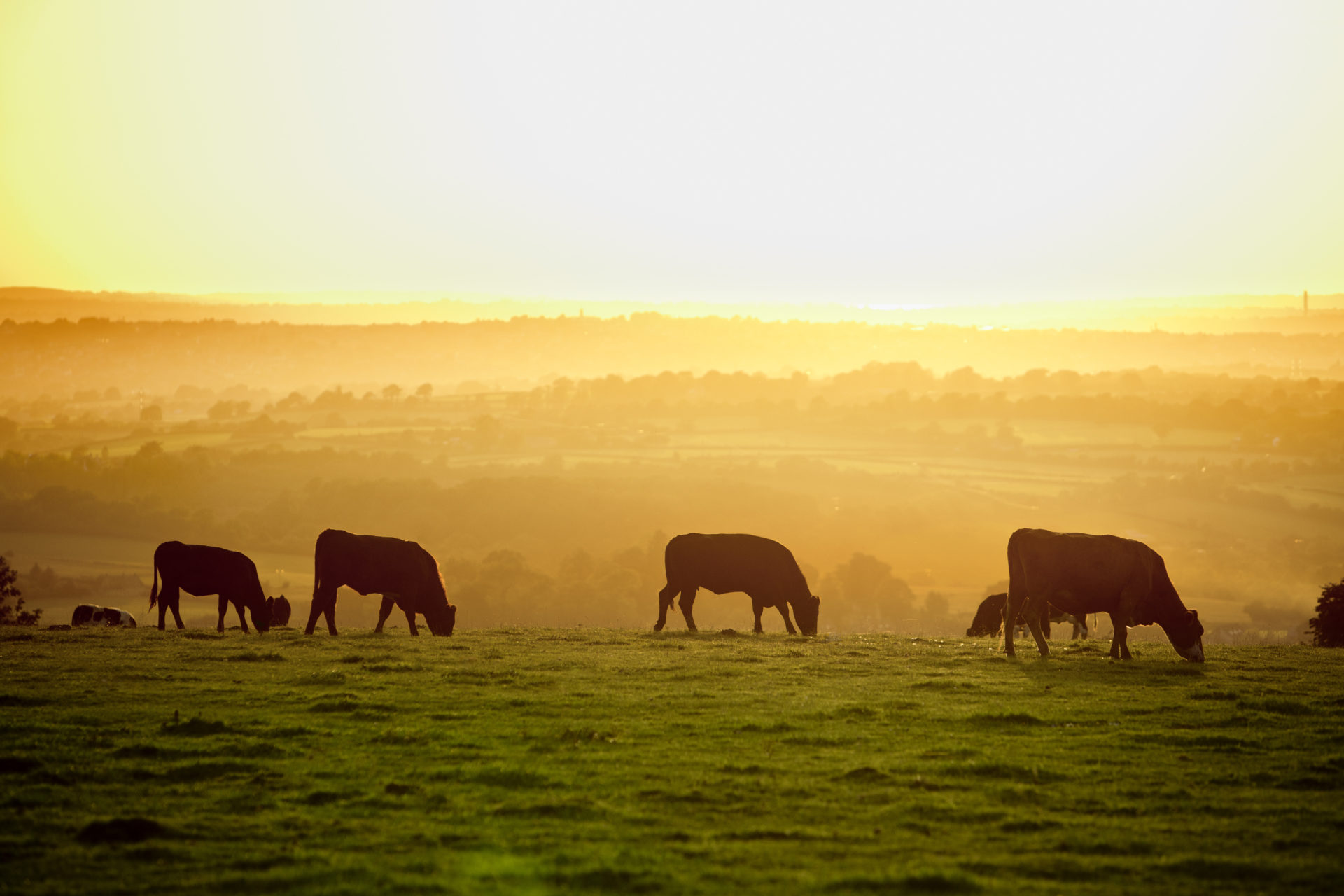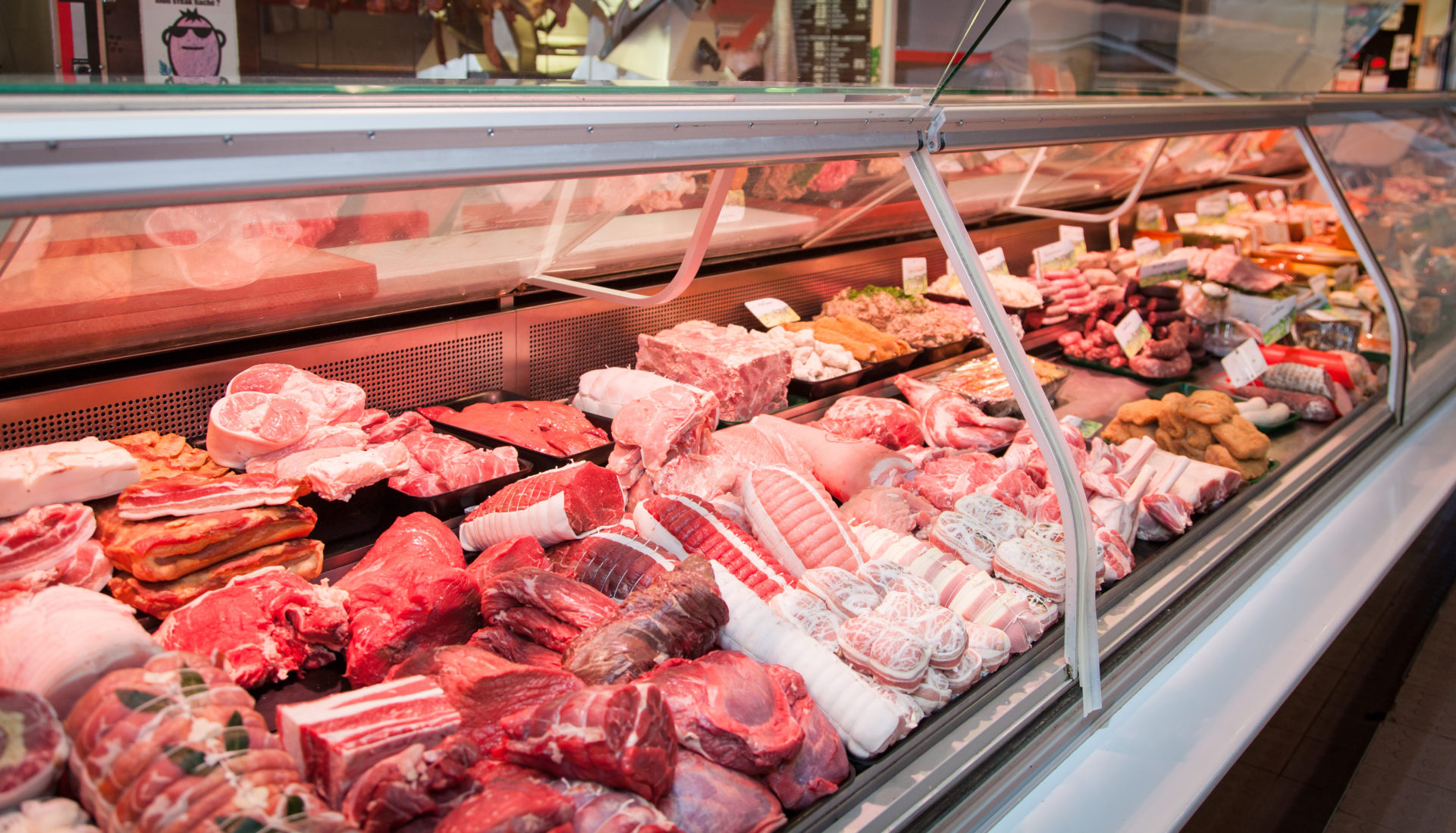What A Tax On Red Meat Could Mean For You
A recent study proposes that a ‘meat tax’ could prevent almost 6,000 deaths a year in the UK as well as saving the economy somewhere in the region of £700m in healthcare costs. The research says governments should consider imposing price hikes on red meat - such as beef, lamb and pork - to reduce consumption. But should politicians be telling people what they can and can't eat?
The research, by scientists at Oxford University, suggests a tax of 14 per cent on red meat and 79 per cent on processed meat. This would mean the price of a 227g Tesco Sirloin Steak would increase from £3.80 to £4.33, and for a pack of eight pork sausages from Sainsbury's the price would increase from £1.50 to £2.69.
Healthy or unhealthy?
It is a controversial issue. Some say it is another example of the nanny state, while others point to research linking the consumption of red meat with an increased risk of heart disease, stroke and diabetes, perhaps most notably by the World Health Organisation. Many believe that focus should be on smoking and excess drinking rather than a single food source like meat, which has many nutritional benefits like iron, zinc, vitamin D and B vitamins.

There is also the adverse economic effect this would have on farmers. Price increases would likely see a reduction in demand, leading many already struggling livestock farmers having to look elsewhere to make up the shortfall or have to sell-up altogether. Any proposed increase would also hit lower-income households the hardest, a part of society that already sees low consumption of the nutrients red meats offer.
The Oxford University study said meat eaters were also increasing the burden on the health service and the economy, due to a loss of workforce from ill health. There is also a growing awareness of the environmental impact of eating red meat. The high levels of land and water use and carbon emissions associated with its production mean cutting down is seen as a way individuals can help tackle climate change.
Drink taxes
Recent price hikes have been imposed on certain drinks. Earlier this year, Scotland set a minimum price on alcohol in order to cut consumption and save lives, with cheap, high-strength alcohol seeing the largest price increases. And in April, a UK ‘sugar tax’ was introduced and placed on soft drinks with a certain amount of sugar per litre. According to the government, this tax has raised £154m between April and October.

Whether you are for or against a red meat tax, the issue will certainly be a contentious one that will surely be looked at in more detail in the very near future.








